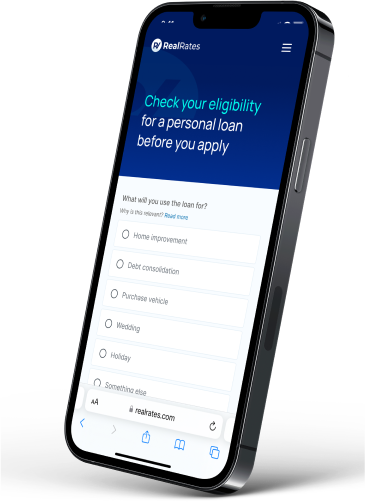Debt Consolidation Loans
Consolidate all your debts into one personal loan
Compare debt consolidation loans to suit you, with no impact to your credit score.
We are a credit broker, not a lender.
What is a debt consolidation loan?
Are you currently repaying one or more credit cards or loans?
Are you making multiple payments each month at different interest rates?
A debt consolidation loan could help you combine your existing borrowing into one, convenient monthly payment, making it easier to keep on top of your finances.


How do debt consolidation loans work?
Make a note of all your borrowing. Work out exactly what you owe and how much interest you are currently paying on each credit account.
Contact your existing credit provider(s) and request a settlement figure for each account. If you repay your balance in full before the end of your loan term, you may be liable for the total interest of the loan and, possibly, early repayment fees. Requesting a settlement figure, however, could save you money on interest.
Combine the total you owe – this is the amount you might want to apply for when looking for a debt consolidation loan.
Make sure that the interest you will pay on your debt consolidation loan is not more than the combined interest you are currently paying on your existing credit commitments.
If approved, use your loan to pay off all of your existing credit accounts. This will leave you with just one repayment to make each month, rather than many.
Repay your debt consolidation loan by making your monthly repayments on time until the balance is clear.
Debt consolidation is when you take out a new loan at a lower interest rate to repay your existing borrowing.

This could be an option if you have multiple credit accounts, such as credit cards and loans.

With your borrowing paid off, you only have to make one repayment every month.
Debt consolidation is when you take out a new loan at a lower interest rate to repay your existing borrowing.

This could be an option if you have multiple credit accounts, such as credit cards and loans.

With your borrowing paid off, you only have to make one repayment every month.

Things to bear in mind before applying for a debt consolidation loan
- Debt consolidation loans can be used to repay different types of borrowing, such as credit cards, payday loans, and high-interest personal loans.
- Be sure that the interest on your debt consolidation loan is less than the combined interest you are currently paying on your credit accounts.
- When applying for a loan, you should never borrow more money than you actually need or can comfortably afford to repay.
- Taking out a loan is a serious financial commitment. You must be certain that you can afford to make your monthly repayments before you apply.
Who can apply for a debt consolidation loan?
You can check your eligibility if you:
- Are over the age of 18;
- Have a minimum annual income of £5,000;
- Have a UK-issued bank account with a valid debit card;
- Are employed with your income paid directly into your UK bank account;
- Have a UK address; and
- Have three years’ worth of UK address history.


Why use Real Rates to compare debt consolidation loans?
We work with a panel of lenders who offer loans between £1,000 and £50,000, with terms from one year to seven years depending on the amount you borrow.
Using a credit broker to compare loans could save you time. We use a soft search eligibility checker to scan our range of providers for the best loans to suit you and your circumstances, with no harm to your credit score.
When you apply directly with a lender, they run a hard credit search on your financial history as part of their application process, leaving a visible footprint on your file to other providers. Too many hard searches over a short space of time can have a negative impact on your credit rating.
The Real Rates process
Let's get to know each other
Complete our online eligibility check form - this should take no longer than 5 minutes.
We'll do our thing
We'll check your eligibility using soft search technology and reveal your results in just 60 seconds.
It's a match.
Select the loan that suits you, and you'll be redirected to the lender's website to
complete a full application, including a credit check
Pre-approval does not guarantee acceptance.

Frequently Asked Questions
The overall cost of your debt consolidation loan will depend on a variety of factors, including how much money you choose to borrow, the term of your loan, and the Annual Percentage Rate (APR) you are offered.
The Annual Percentage Rate (APR) is the overall yearly cost of the loan, including interest.
A good credit score could increase your chances of being approved for a loan. You might also find that you are offered a lower rate of interest.
There are a number of things to take into consideration before you apply for a loan to consolidate your borrowing.
You should carefully compare the offered loan amounts, terms, and interest rates to ensure that you will not be left in a worse financial position in the long run. A debt consolidation loan should be cost-effective, and not add further expense or financial pressure.
It’s also important that you can comfortably afford to make the monthly repayments on time.
A secured loan is when you borrow money against an asset you own – usually your home. This is known as ‘collateral.’ If you fail to make your repayments, the collateral could be seized by the lender to recover their losses.
Unsecured loans are not tied to any of your possessions, so lenders view this type of borrowing as riskier to them. As a result, unsecured loans tend to have higher rates of interest than secured loans.
For impartial guidance on money and debt management, head over to StepChange. Here, you can also complete a free, online quiz, and the answers you provide will generate advice to support your next steps.
While reaching out for help can be frightening, please know that it’s the first step towards taking back control of your financial situation.













